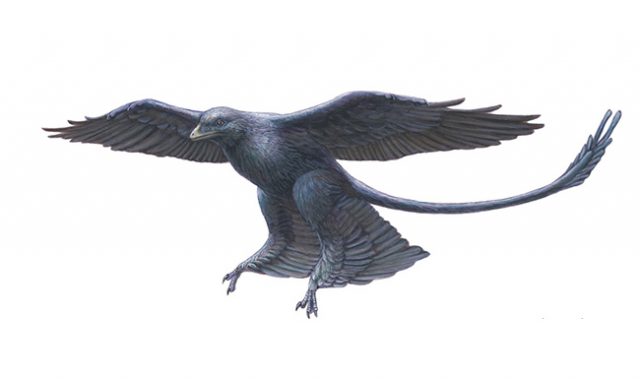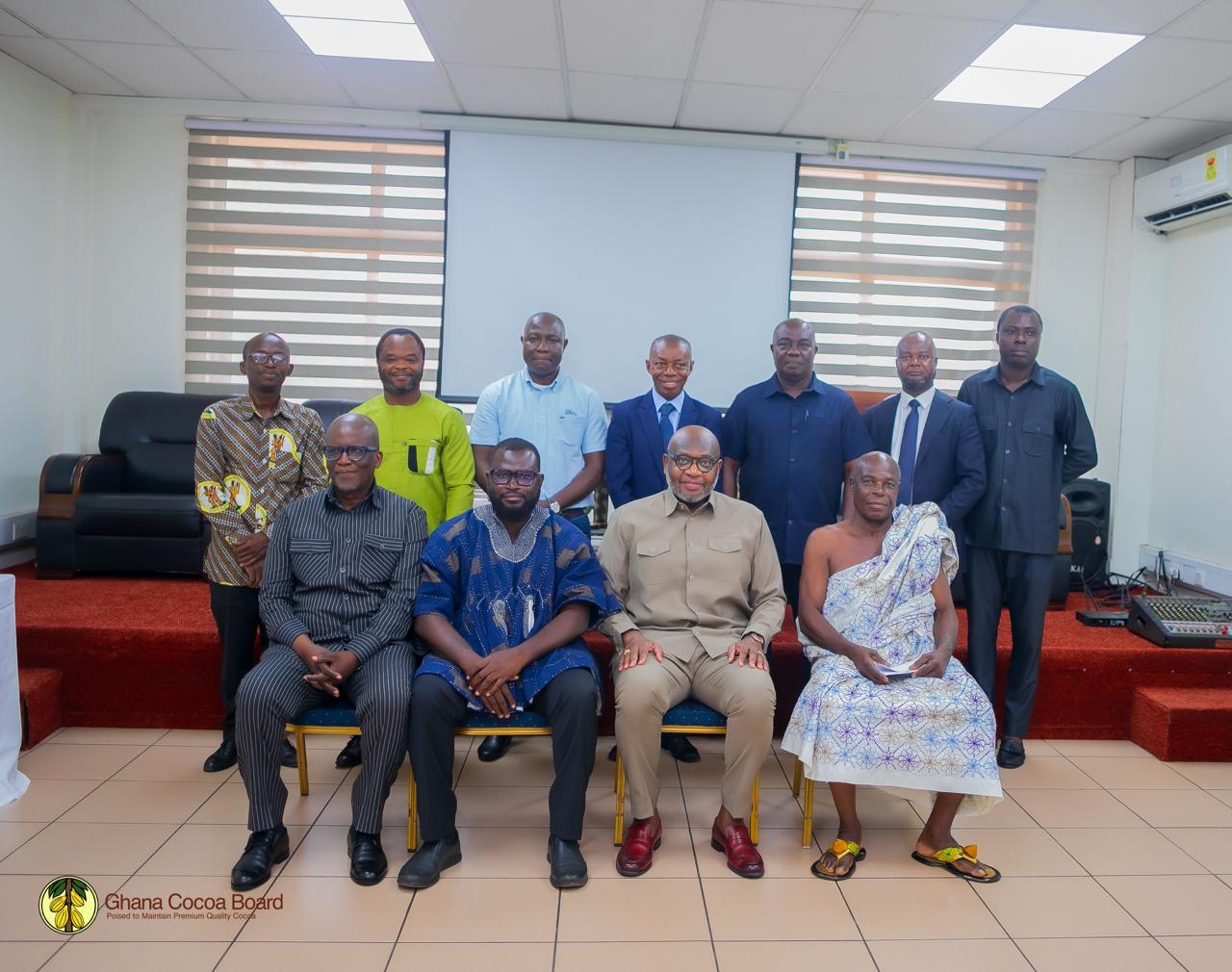Copyright asianscientist

AsianScientist (Nov. 05, 2025) – As mosquito habitats expand, the diseases they carry also travel with them. Changing weather patterns make it possible for mosquito-borne diseases like dengue to spread into previously unaffected areas. One such area is Nepal, which has seen a recent surge in dengue infections. Nepal has strong vaccine measures against another mosquito-borne disease, the Japanese encephalitis virus (JEV). However, dengue prevention still relies mainly on mosquito control and personal protection measures. “Japanese encephalitis is a devastating disease that causes a much heavier health burden than dengue fever, which is usually less deadly but still dangerous. What makes Japanese encephalitis different is that it can be almost completely prevented with vaccination, while dengue still has no widely available vaccine,” said Professor Patrick Tan, Senior Vice-Dean for Research at Duke-NUS Medical School. A recent study has found that those whose immunity to JEV has declined over time are more susceptible to severe symptoms when infected with dengue. This study, conducted by researchers from Duke-NUS Medical School in collaboration with scientists in Nepal was published in Science Translational Medicines. “We chose Nepal as a study site because it’s one of the few countries where dengue is spreading quickly in a population that already has widespread immunity to another flavivirus, Japanese encephalitis. This gave us a unique chance to see how prior immunity shapes dengue illness. We found that people whose Japanese encephalitis immunity had waned were more likely to become severely ill from dengue,” said lead author Sidharth Malhotra, Research Fellow at Duke-NUS Medical School. The team examined over 500 patients, measuring chymase levels in their blood as an indicator of inflammation and dengue severity. Patients with only moderate levels of JEV antibodies had the highest chymase levels, while also being more likely to suffer from dangerous physical symptoms like bleeding and stomach pain. The reason for this phenomenon might be antibody-dependent enhancement, a mechanism where antibodies from a previous infection or vaccination are too weak to combat a new viral infection, but still bind to the viruses. Instead of neutralising the virus, this helps it to enter immune cells and replicate rapidly, triggering a stronger immune response that can cause more severe symptoms. This phenomenon is well-documented in patients who have been infected with dengue multiple times, but these findings now show that it can also occur with fading immunity to related viruses like JEV. “This discovery matters for countries like Nepal and across Asia where both viruses circulate. It also highlights the need to keep JEV protection strong, through well-timed booster shots, not only to prevent Japanese encephalitis itself but also to reduce the risk of severe dengue,” said Associate Professor Ashley St. John of the Programme in Emerging Infectious Diseases at Duke-NUS Medical School. The researchers plan to continue monitoring the evolution of dengue in the region, working with partners to develop effective vaccination strategies against JEV, dengue, and other related viruses. Associate Professor St. John said, “Maintaining strong JEV vaccine coverage and possibly introducing booster shots when needed could be a practical way to not only prevent JEV but also reduce the severity of dengue, helping protect populations in Asia where both viruses are present.” Source: DUKE-NUS Medical School; Image: Kateryna Kon/Shutterstock This article can be found at: Dengue disease severity in humans is augmented by waning Japanese encephalitis virus immunity Disclaimer: This article does not necessarily reflect the views of AsianScientist or its staff.



